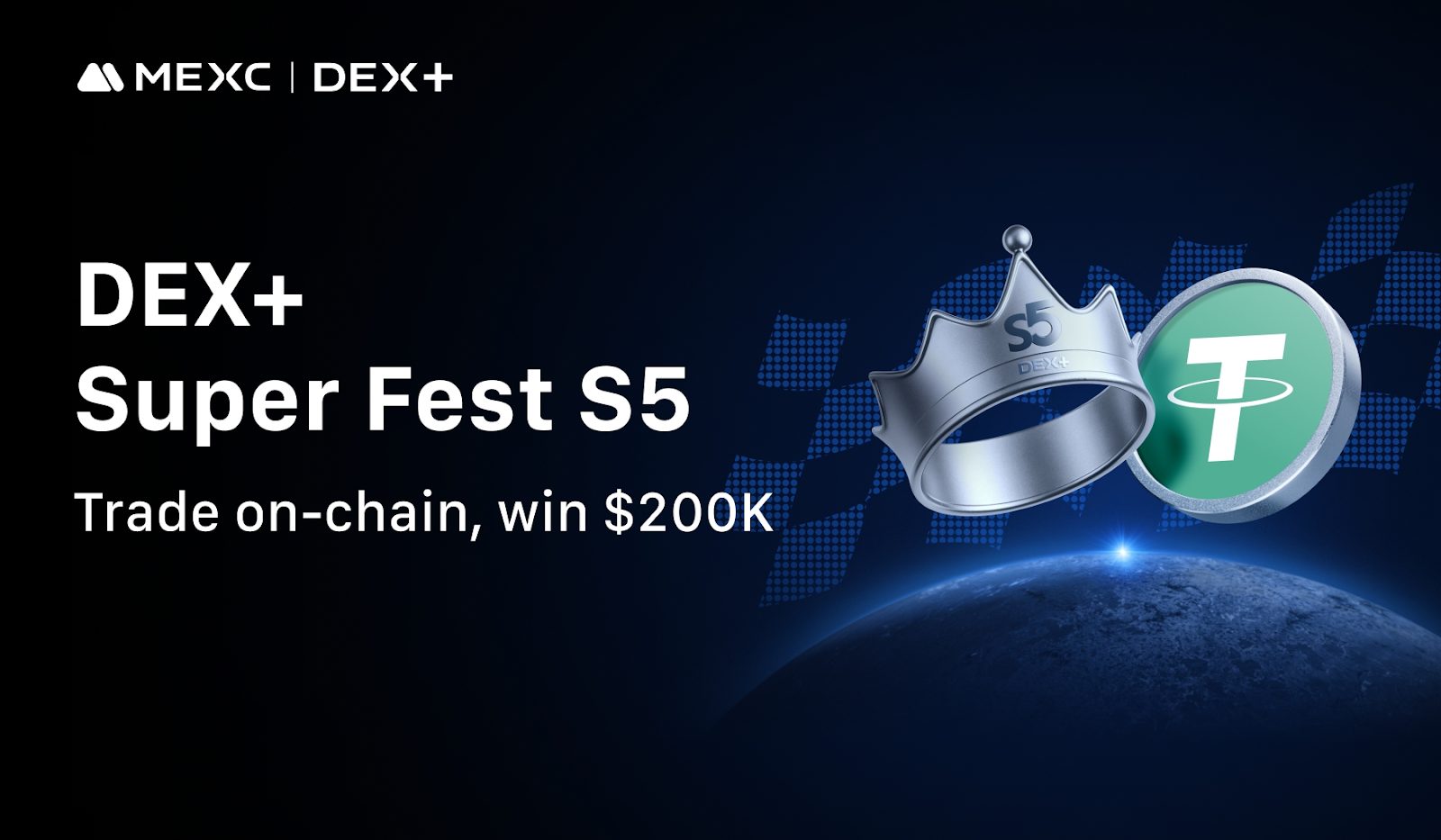Smart tokens are a concept within the blockchain technology that go beyond traditional tokens. To understand smart tokens, we must first define what tokens are in the context of the blockchain.
In the blockchain world, tokens refer to user-generated assets that hold value and adhere to specific standards set by the blockchain network. These tokens can represent various things, such as cryptocurrency, digital assets, or even real-world assets like real estate or artwork. They are created, tracked, and transferred on the blockchain.
Regular tokens are mainly used to transmit value from one party to another. However, smart tokens take this concept a step further. In addition to transmitting value, smart tokens also carry all the necessary information to execute a transaction simultaneously. This is achieved through built-in programmability.
Smart tokens incorporate smart contracts, which are self-executing contracts with predefined rules and conditions. These smart contracts enable the manipulation of the token’s value based on the specified rules. They authorize and automate transactions, ensuring that all parties involved adhere to the predetermined terms.
Smart tokens consist of three layers of information:
- The asset or source of value, such as a digital wallet. This layer identifies the token and its value.
- A set of rules determined by the token issuer. These rules define access rights, conditions, and timing. For example, a data provider may have access rights at the end of every month if their services have been used.
- A state that tracks the token value based on the set of rules. For instance, the state will record if the full amount of an invoiced data bill has been paid and adjust the balance accordingly.
By incorporating these layers of information, smart tokens can carry out complex transactions autonomously, eliminating the need for intermediaries and manual intervention.
Let’s consider an example to illustrate the power of smart tokens:
Imagine a company that issues smart tokens to its suppliers. These smart tokens have predefined rules that determine the payment terms. When the suppliers deliver the goods, the smart contract automatically verifies the receipt and triggers the payment based on the agreed conditions. The entire process is executed seamlessly, without the need for manual intervention or reconciliation.
One notable implementation of smart tokens is the Bancor decentralized trading protocol, which introduced one of the earliest popular standards for smart tokens in 2017.
Bancor’s smart tokens enabled direct convertibility within the tokens themselves. This means that users could buy or sell these smart tokens directly through their own smart contracts, without relying on traditional exchanges or matching services. It opened up a new realm of possibilities for on-chain token interactions.
With smart tokens, users have the flexibility to create new financial instruments, such as stablecoins or prediction markets, that operate autonomously and efficiently on the blockchain. Smart tokens enable greater transparency, security, and programmability in the token economy.
In conclusion, smart tokens are an evolution of traditional tokens in the blockchain world. They incorporate smart contracts to automate transactions and carry out complex operations based on predefined rules. Smart tokens offer increased efficiency, autonomy, and transparency, paving the way for innovative financial applications in the decentralized economy.
Author:
PlasmaFinance is a DeFi dashboard that aggregates the most popular decentralized finance protocols from multiple blockchains. The PlasmaFinance platform offers comprehensive analytics, user-friendly tools, and access to the most profitable DeFi yields across various protocols.
PlasmaFinance includes a suite of DeFi products, including its own PlasmaSwap DEX, advanced trading and gas optimization tools, a fiat on/off ramp for DeFi, and an IDO launchpad called SpacePort.















